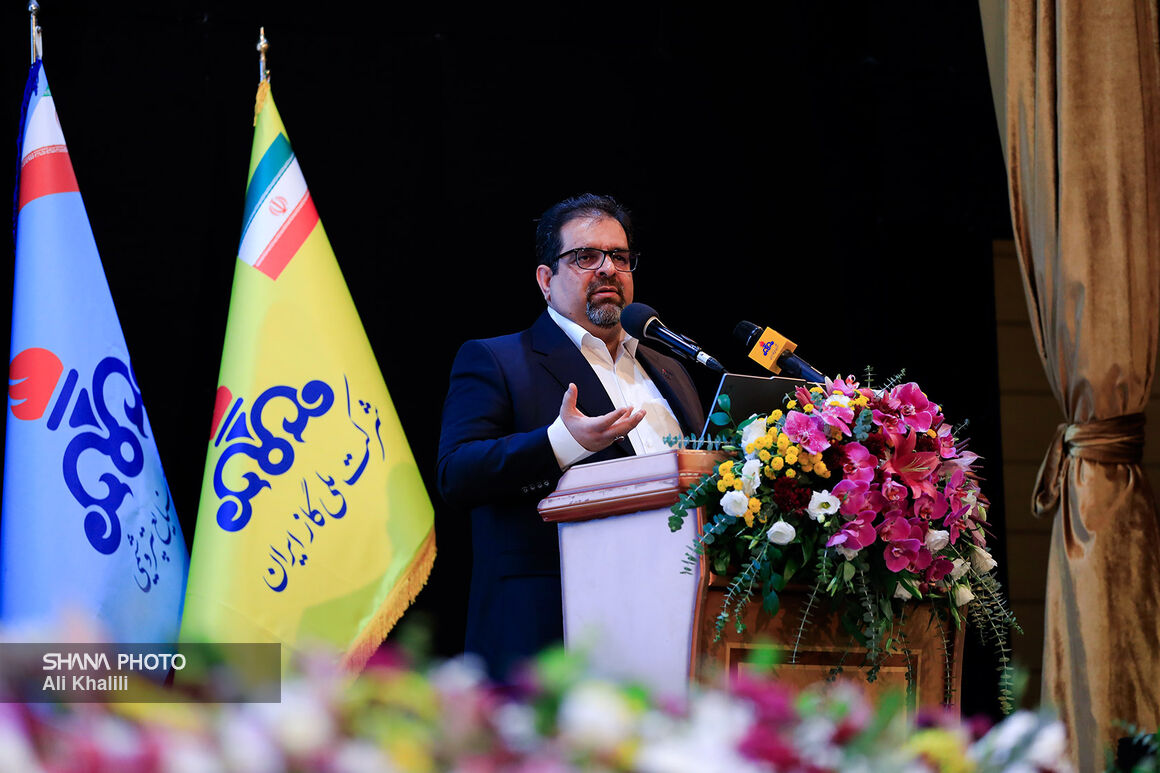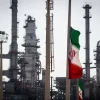Gasbonyan.ir – Iran’s Deputy Oil Minister criticized the continuation of indirect energy exports, stating that in addition to “virtual water,” Iran is now exporting “virtual gas” as well. This phenomenon, caused by the extremely low domestic gas price offered to industries, in practice amounts to the waste of hidden subsidies and national resources. Saeed Tavakoli warned that if the country’s unprecedented dependence on gas is not managed, the gas industry could shift from being an economic issue to a security concern.
Energy Subsidies and Indirect Exports
Saeed Tavakoli, Deputy Oil Minister and CEO of the National Iranian Gas Company, criticized the country’s energy consumption structure, saying: “Because of the extremely low gas price supplied to certain industries, part of Iran’s greenhouse and industrial products are effectively produced with subsidized gas and then sold in neighboring countries. This means that, in addition to exporting virtual water, we are also exporting virtual gas.”
He emphasized that this trend effectively represents the export of subsidies and the squandering of national resources, since producers use cheap energy to compete in foreign markets rather than optimizing consumption, without the country benefiting proportionately to the true cost of energy.
Heavy Dependence on Gas: Iran’s Main Energy Challenge
Tavakoli went on to note that 73% of Iran’s energy mix is gas-based and that 83% of the country’s power plants run on gas. He added: “This unprecedented dependency means that even the smallest disruption in production affects all consumption sectors.” He warned that if the current trend continues, the gas industry could move from being purely industrial to becoming a national security issue.
Peak Consumption and the Winter 2024 Crisis
According to Torkli, on December 16, 2024, household and commercial gas consumption reached 715 million cubic meters per day, while total production that day was only 840 million cubic meters. He said this energy crisis was so serious that it was raised at the level of the government and the Supreme National Security Council.
Sustainable Solutions to Address the Energy Imbalance
The head of the National Iranian Gas Company highlighted the enforcement of Section 19 of the National Building Regulations as the key to reducing household consumption by 70–80%. He further stressed that improving power plant efficiency, diversifying fuel sources, and obligating heavy industries such as steel, cement, and petrochemicals to use high-efficiency equipment must be taken seriously as long-term solutions to overcome the energy imbalance.






